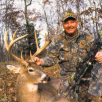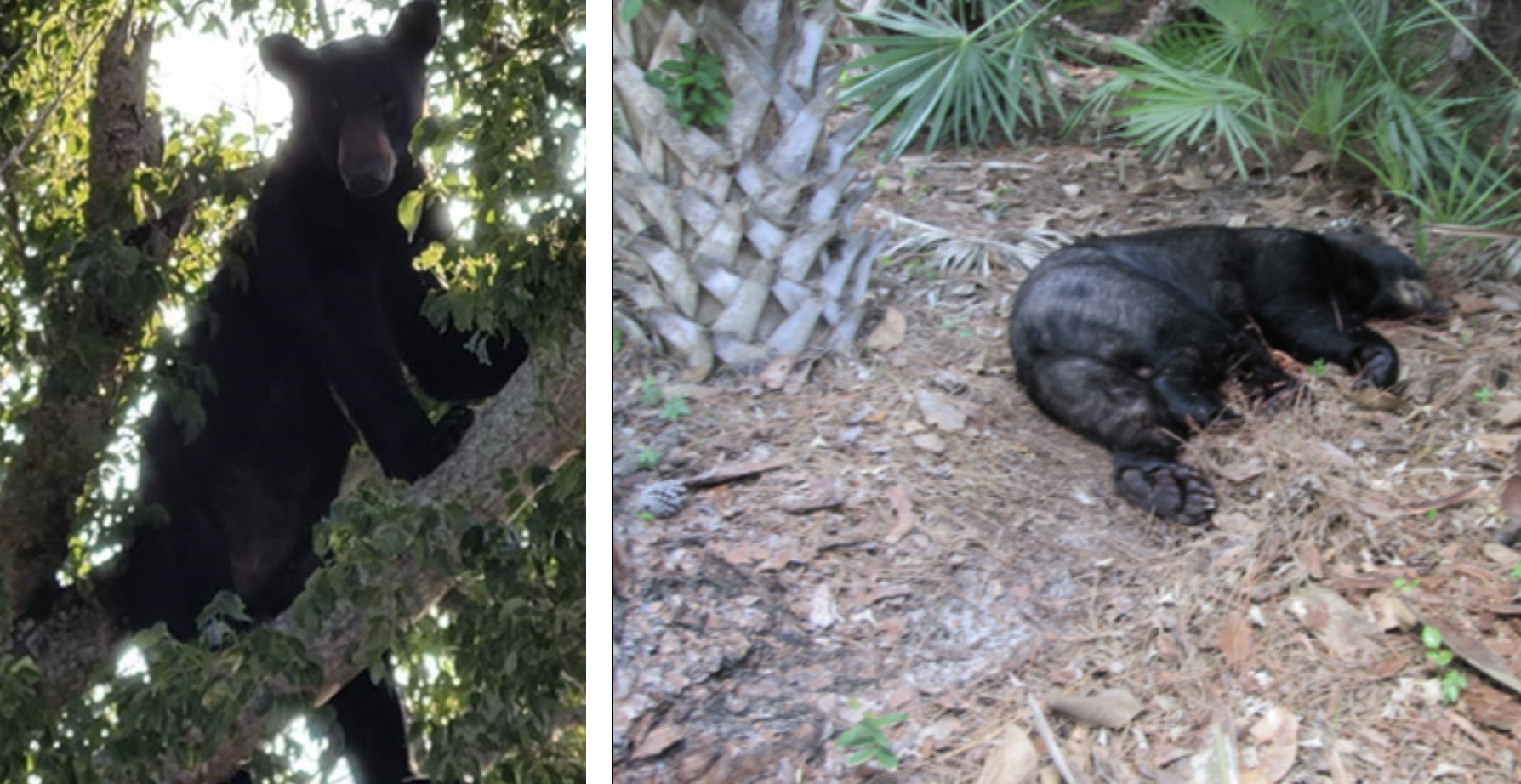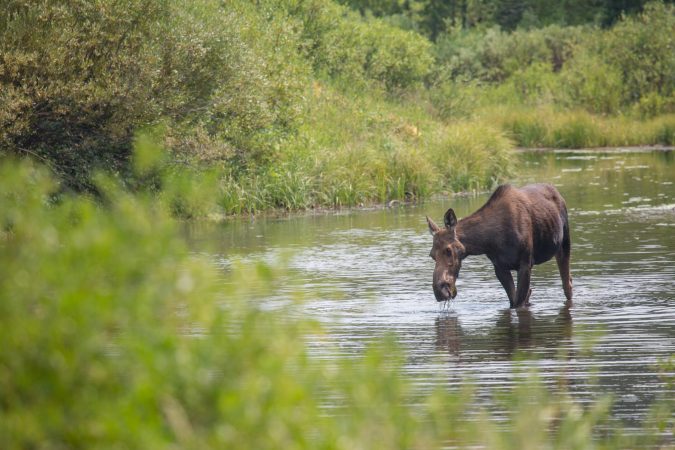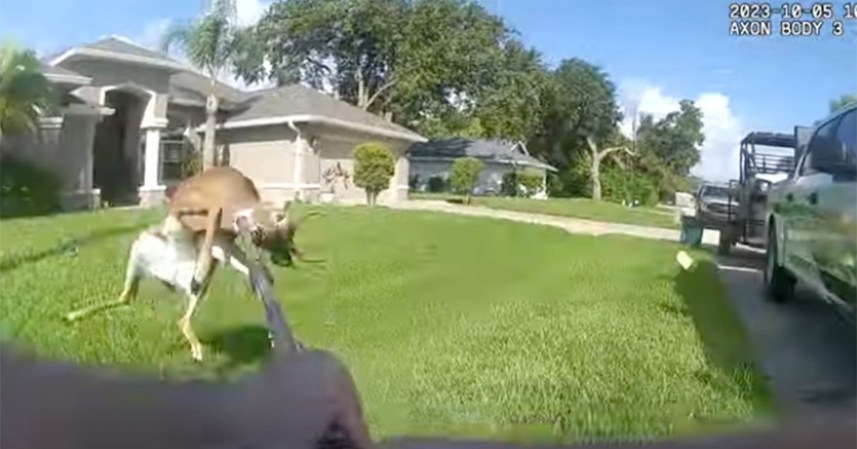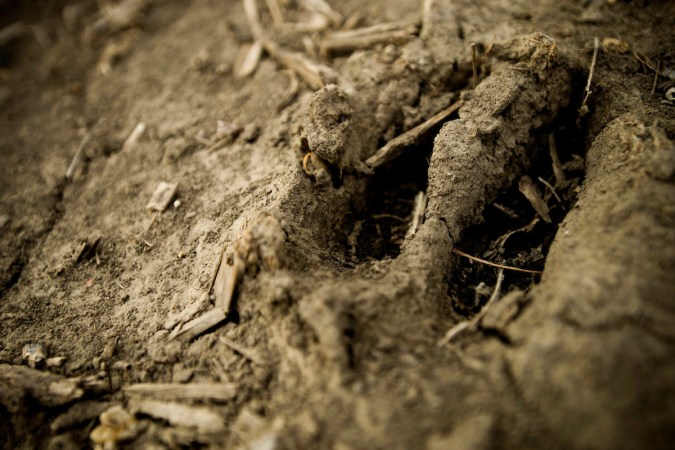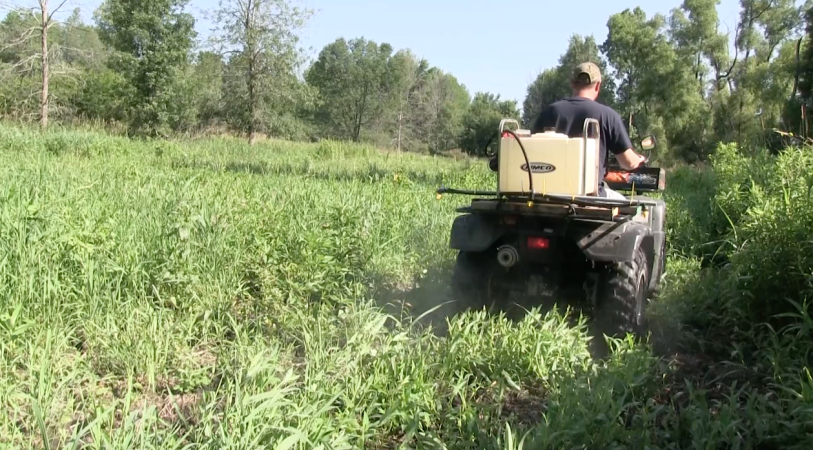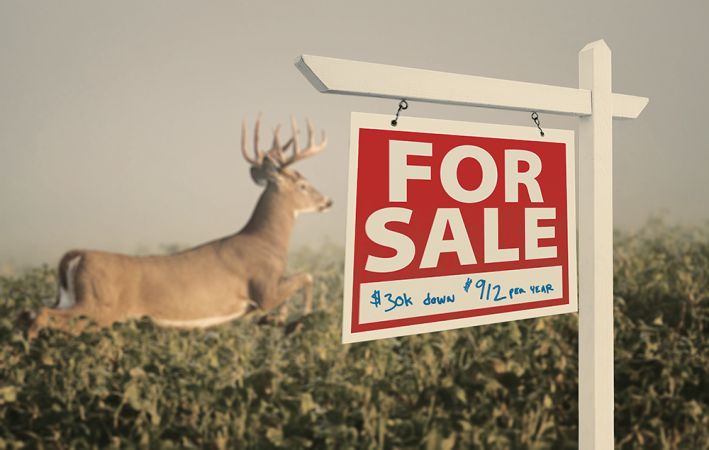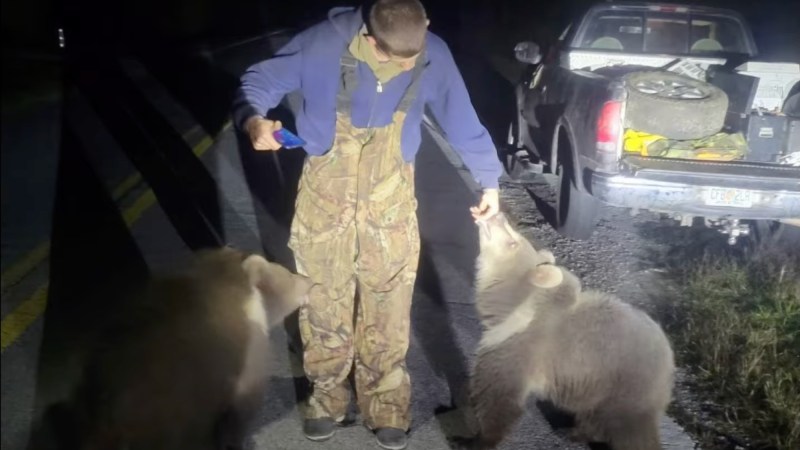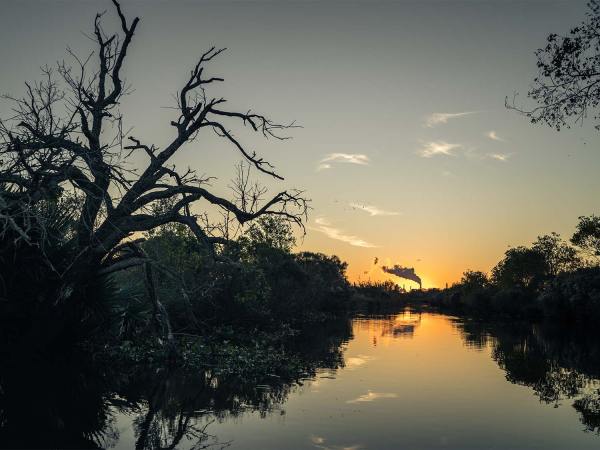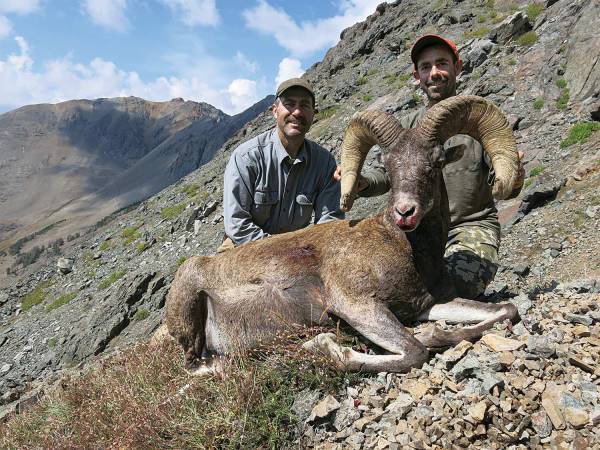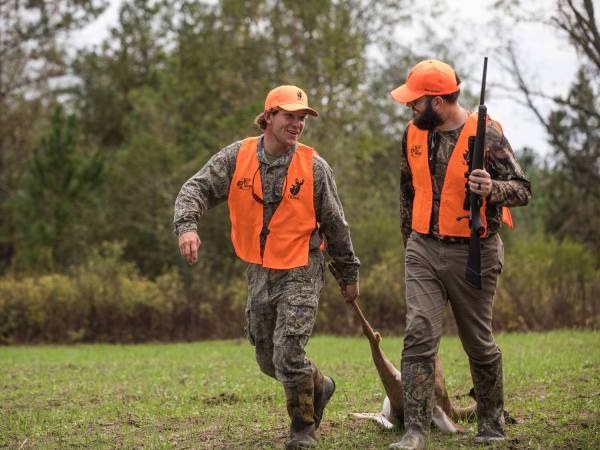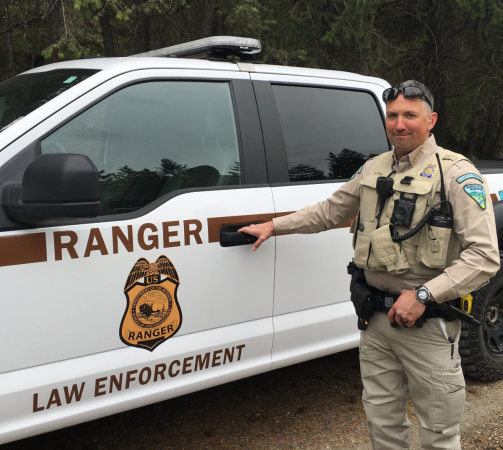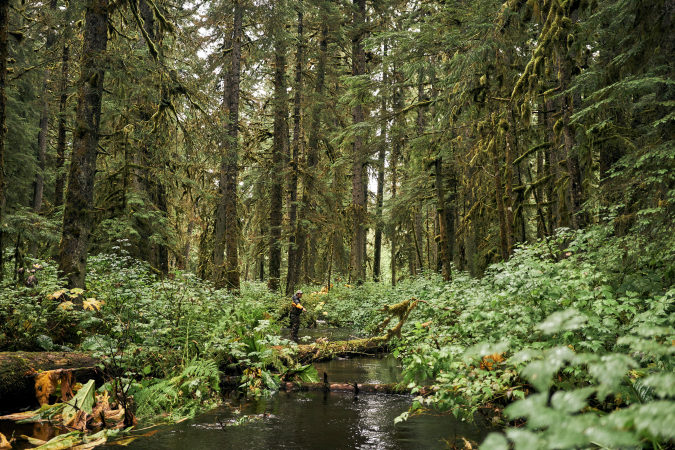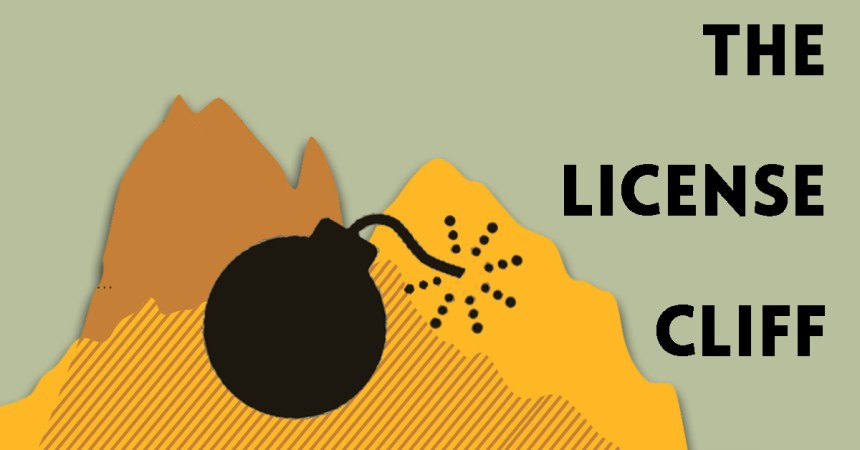Sheriff’s deputies shot and killed a nuisance black bear in southeast Florida on Saturday, resulting in public outcry and a dispute with the Florida Fish and Wildlife Commission over the handling of the matter.
Residents first spotted the black bear on June 18 around 8 a.m. in the Saratoga Lakes subdivision of Royal Palm Beach and reported it to the Palm Beach Sheriff’s Office. A PBSO deputy was dispatched to the area at 8:08 a.m., where he saw the bear walk into some bushed, and later along a canal, according to a press release from the agency.
Read Next: Growing Black Bear Populations Could Mean a Bear Hunting Boom in America
The bear entered a backyard and climbed a tree with a baby swing in it and a trampoline below it. Eventually the bear climbed down and walked into the bushes.
“I just looked out my window and saw a bear on my patio,” Sarah Loredo told CBS12 News. “The worries were simply just keeping my family safe and alerting my neighbors to stay inside. The sheriff’s office did a great job of being on site and keeping everyone calm.”
For two hours, the bear ambled around the neighborhood as more PBSO and Fish and Wildlife officers arrived. Sometime after 10 a.m. the bear climbed a large pine tree and stayed in the tree, roughly 50 feet off the ground.
“The bear stayed in the tree while FWC officers stood at the bottom of the tree to make sure the bear did not climb down,” reads the PBSO press release. “PBSO’s role was to assist FWC Officers until they were able to locate a trapper, tranquilize the bear and relocate it. Deputies stood at a safe distance maintaining a visual of the bear along with FWC Officer’s keeping the public away from the area.”
When the bear attempted to climb down the tree, FWC officers and deputies “began yelling at the bear and hitting the nearby trees to make noise to keep the bear in the tree,” which worked, according to the PBSO. The black bear retreated up the tree.
After several hours of waiting, PBSO said that no trapper or other suitable wildlife manager arrived. A detailed incident report filed by FWC officers says the bear was not a safety hazard and that they intended to let the bear go on its way.
“After approximately 2hrs the FWC biologist and our [chain of command] instructed us to let the bear down from the tree, and to observe it from a distance,” wrote FWC officer Jason Willems. “When PBSO was informed of our plan they decided that they wanted to keep the bear in the tree against our advisement … The PBSO lieutenant on scene told both of us that he had authorization … to kill the bear. I advised him that the bear was a protected animal and should of not been killed unless it was a deadly force situation, which it was not.”
Around 12:25 p.m., the bear attempted to climb down the tree again. While noise initially deterred the bear, it ultimately climbed down.
“The Florida Black Bear slowly slid down the tree, got all four of its paws on the ground and was shot four times by PBSO with PBSO 12g slugs as it quartered away from deputies,” wrote FWC officer Lonnie Brevik in his incident report. “The bear was moving to get away from the officers and deputies when it was shot and killed on the far side east of the pine tree. The bear did not show any signs of aggression, when it exited the tree. The juvenile Florida Black Bear was never a safety hazard while I was on scene.”
The dispute between the two agencies has drawn wide public criticism, and review by the Florida Wildlife Commission. Human-bear conflicts have surged in Florida as the state’s human population and suburban sprawl continues to grow. Some estimates put Florida’s black bear population at 4,000 animals. But many rural residents believe it’s much higher. The state no longer allows bear hunting, which was discontinued after decades in 1994 after public opposition. A limited bear hunt was held in four regions of Florida in October 2015, but the season has remained closed since.
